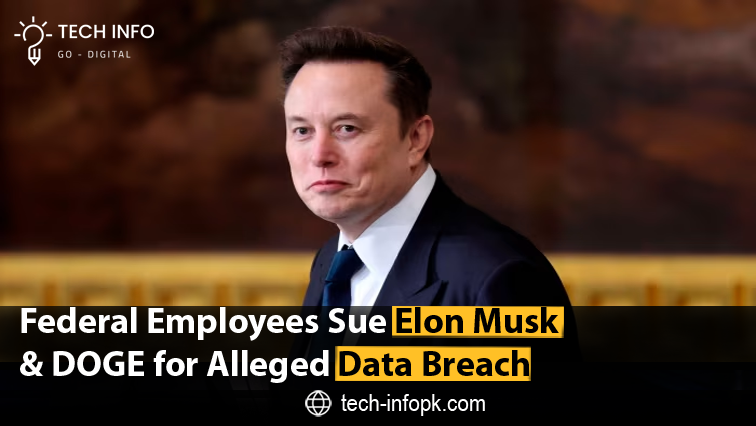Table of Contents
ToggleA Legal Battle Over Data Privacy and Government Access
A major legal confrontation is unfolding as over 100 current and former federal employees have initiated a lawsuit against Elon Musk and the Department of Government Efficiency (DOGE). The lawsuit, filed in the Southern District of New York, alleges that DOGE, under Musk’s leadership, obtained unauthorized access to highly sensitive federal personnel records without undergoing the requisite national security vetting. This case underscores growing concerns about data privacy, government accountability, and the broader implications of unregulated access to classified information in the digital era.
Allegations of Privacy Act Violations and Unlawful Data Access
The lawsuit, backed by the Electronic Frontier Foundation and other prominent privacy advocacy organizations, asserts that the Office of Personnel Management (OPM) improperly granted DOGE administrative access to its computer systems. Plaintiffs argue that many DOGE personnel, including individuals with prior affiliations with Musk’s private companies, were given clearance without adhering to federal security protocols designed to protect classified and personal information.
One of the central concerns highlighted in the legal complaint is the involvement of underqualified individuals in handling sensitive government data. A particularly notable example is Edward Coristine, a 19-year-old DOGE employee who was previously dismissed from a cybersecurity firm following an internal investigation into data leaks. Coristine inclusion in the case exemplifies the broader security risks associated with Musk’s oversight of DOGE and the implications of inadequate personnel vetting.
Security Risks and Potential Workplace Retaliation
The lawsuit highlights significant security threats posed by DOGE’s unrestricted access to federal personnel records. Unauthorized access to financial and employment records not only raises concerns about potential cyberattacks but also introduces vulnerabilities that could be exploited by malicious actors, including foreign entities and cybercriminal organizations. Privacy experts warn that such breaches could lead to widespread identity theft, financial fraud, and even national security risks.
Furthermore, plaintiffs fear potential retaliation for their involvement in the case. The complaint points to statements made by both Musk and President Trump, suggesting that government employees deemed disloyal to the administration could face termination. This aspect of the lawsuit underscores the precarious position of federal workers whose professional security could be jeopardized due to politically motivated actions and data misuse.
Legal Action Seeking an Injunction and a Potential Class-Action Lawsuit
The primary objective of the lawsuit is to secure an immediate injunction preventing DOGE from accessing OPM records further. However, legal representatives of the plaintiffs emphasize that this action is merely the initial phase of what could develop into a broader class-action lawsuit against Musk, DOGE, and government officials responsible for facilitating unauthorized access.
Mark Lemley, one of the attorneys representing the plaintiffs, emphasized the significance of this lawsuit, stating that halting unauthorized access is a crucial step in the broader legal battle. Beyond seeking injunctive relief, plaintiffs are likely to pursue damages, accountability, and long-term policy changes to reinforce data protection measures within government agencies.
Broader Implications and the Future of Data Privacy Protections
As this lawsuit unfolds, it brings to light critical questions regarding data privacy, governmental oversight, and the role of technology in public administration. If the plaintiffs succeed, the case could establish a legal precedent for stronger protections against unauthorized access to sensitive federal data. A victory for the plaintiffs may also prompt policymakers to introduce more stringent regulations on data access within government agencies, ensuring that personnel records remain secure from unwarranted intrusion.
Conversely, should DOGE and Musk evade accountability, it may set a dangerous precedent that could weaken privacy protections for federal employees nationwide. Without robust safeguards, government workers could be left vulnerable to politically driven purges, unauthorized data exploitation, and heightened risks of cyberattacks.
Conclusion
This lawsuit represents more than just a legal battle between federal employees and Elon Musk’s administration—it is a pivotal moment in the ongoing debate over data security, government accountability, and civil liberties in the digital age. The outcome of this case has the potential to reshape policies surrounding access to government records, influence future data protection regulations, and serve as a landmark case in the broader fight for privacy rights in an era of rapid technological advancements. With high stakes and significant implications, the legal battle against DOGE and Musk could define the future of federal data security for years to come.





